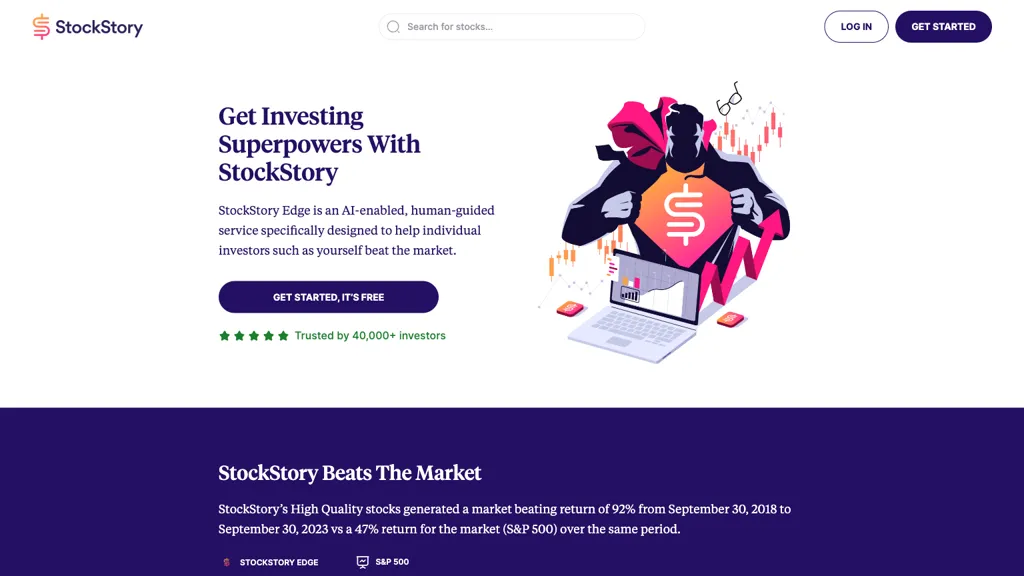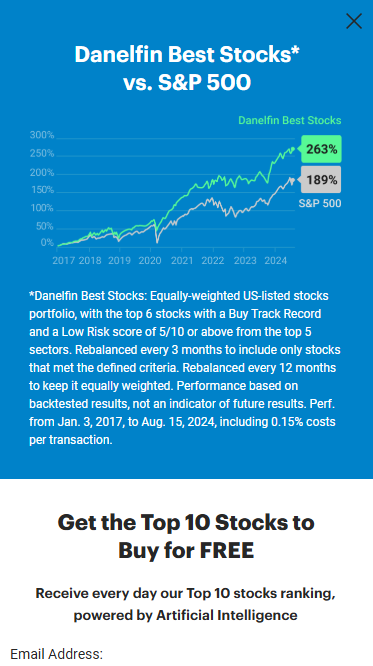To ensure you obtain the most value for your money for your money, you should evaluate and price AI stock predicting/analyzing platforms. Pricing structures differ widely, and it is important to understand what you're getting for the amount you pay. Below are the top 10 methods to evaluate the pricing and expenses of these platforms.
1. Find out more about the pricing model
Subscription-based: Determine whether the platform charges a monthly or annual fee and what features are offered on each level.
Pay-per-use : Confirm that the platform charges you according to the amount of usage (e.g. trades, requests for information, or forecasts).
Freemium Model: Check to see if the website has a free model which offers limited options. The premium features are charged for.
2. Compare Pricing Tiers
Compare features at each price level (e.g. basic, professional).
Scalability: Make sure the pricing levels align with your requirements, whether you're an individual trader or a professional.
Upgrade flexibility - Examine for options to easily change your plan or lower it if your needs be changing.
3. Evaluate Hidden Costs
Data fees - Check if the platform charges an extra fee for access to the most valuable information (e.g. data in real-time and advanced analytics).
Brokerage costs Check to see if the platform has additional charges for trading or integrate with brokers.
API usage: Determine whether there are any additional charges to access APIs or for high-frequency API use.
4. Check out free demos and trials
Trial period: Choose platforms that allow you to test the capabilities of their platform before making a commitment.
Trial limitations: Determine if you can use all features in the trial or only the trial's features in a limited amount.
Options with no commitment: You should be able to cancel your trial at no fees if you feel that the platform does not meet your requirements.
5. Check for discounts and promotional deals
Annual discounts: Determine whether your platform offers discounts on subscriptions that are paid annually, compared to plans that are billed monthly.
Referral programs - See whether there are any discounts or credits available for referring new users.
Request pricing for institutional customers when you belong to an enterprise with many employees.
6. Evaluate the Return on Investment (ROI)
Cost vs. Value: Determine whether the features and predictions of the platform justifies its price. It could help you save money or make better trading strategies.
Performance track record - Check the platform's performance rates or user feedback to get an idea of the potential return on investment.
Alternative costs: Compare the platform's cost against the costs of not using the platform (e.g. missed opportunities, time spent on manually analyzing).
Review the Policies for Cancellation/Refund and Review
The cancellation policy should be followed: Ensure that you have the ability to cancel the subscription without penalty or hidden fees.
Refund policy: Check whether the website offers refunds for unutilised portions of your subscription.
Auto-renewal. Find out if the platform will automatically renew your account. If it does you'll need to find out how to unsubscribe.
8. Transparency in Pricing:
Clear pricing page: Ensure that the platform offers a pricing page which is precise, clear, and does not include any hidden charges.
Customer service: If there are any queries regarding the cost of services or other charges, please contact customer support.
Terms of service: Read the conditions of service to be aware of any long-term commitments or penalties.
9. Compare with Competitors
Features comparison Comparing the prices and features of the platform to the competition to ensure that you're getting the most value for money.
Reviewer reviews: Check out user feedback to find out if the platform's cost is justified.
Check the market positioning of the platform. Does it meet your expectations?
10. Examine the Long-Term Costs
Price increases: Take a look at the history of the platform in the past and see how frequently it has raised prices.
Features added - Find out if new features come with your current plan or if an upgrade is required.
Costs of scaling: Make sure the pricing of your platform is fair when you expand the volume of data or trading you require.
Bonus Tips
Explore a variety of platforms. Test them all in a trial for free to see how they perform.
Negotiate prices: If you have a large number of customers or are part of an organization, ask for custom pricing and discounts.
You can find free educational resources on some platforms.
Following these tips can help you evaluate the pricing and cost of AI stock-predicting/analyzing trading platforms. It is possible to pick one that is suitable for your budget, while providing the features you require. A high-quality trading platform can achieve the ideal balance between features and affordability, allowing you to achieve the best results. Follow the most popular ai trading tools info for blog advice including ai stock trading app, best ai for trading, using ai to trade stocks, best ai trading software, ai stocks, ai investment platform, best ai for trading, ai stock market, trading ai, ai stocks and more.

Top 10 Suggestions For Evaluating The Reputation, Reviews And Reviews Of Ai Stock Trading Platforms
In the case of AI-powered platforms for trading and stock predictions It is essential to verify their reputation and reviews. This will guarantee that they are trustworthy, trustworthy, and effective. These are the top 10 ways to evaluate their reputation and reviews:
1. Check Independent Review Platforms
You can find reviews on reputable platforms such as G2, copyright or Capterra.
Why: Independent platforms offer honest feedback from real users.
2. Examine the Case Studies and User Testimonials
User testimonials or case studies by visiting the site of the platform and third-party websites.
Why: They provide insights into the performance of real-world applications customer satisfaction, performance and similar.
3. Read Expert Opinions from Industry Experts Recognition
Tip. Find out if the platform is highly recommended or endorsed by experts in the field, financial analysts, reputable publications or other publications.
Why Expert endorsements are important: They add credibility to the claims of the platform.
4. Social Media Sentiment
TIP: Go through social media sites for discussions and opinions about the platform (e.g. Twitter, LinkedIn, Reddit).
Why: Social media offers an unfiltered view of trends and opinions on the platform.
5. Verify Compliance with Regulatory Regulations
Tip: Make sure the platform you use is compliant not just with privacy laws but also financial regulations.
Why: Compliance is important to ensure that the platform is operating ethically and legally.
6. Make sure that there is transparency in performance Metrics
TIP: Determine if the platform is transparent in its performance indicators (e.g. accuracy rates or ROI, backtesting results).
What's the reason? Transparency creates trust and allows users to evaluate the platform's effectiveness.
7. Take a look at the Customer Support Quality
Check out reviews of the platform to get information about its customer support.
The reason: A reliable support system is vital to helping to solve problems and ensuring users have a positive experience.
8. Red Flags are a good indicator of a bad review
Tips - Watch out for frequent complaints such as poor performance, hidden costs or a lack of updates.
Why: Consistently low feedback could be a sign of a platform issue.
9. Examine User Engagement and Community Engagement
TIP: Check if the platform has a lively user base (e.g. Discord, forums), and that it engages regularly with its members.
Why An active user community is a symbol of appreciation and love.
10. Check out the history of the company.
You can learn more about the business through research on its background as well as its management team and financial technology performance.
Why? A proven track record will increase confidence in the platform’s reliability and expertise.
Compare several platforms
Compare the reputation and reviews of different platforms to find out which one is best for you.
Use these guidelines to evaluate the reviews, reputation and ratings of AI stock prediction and trading platforms. Follow the top rated stock predictor for website recommendations including stock trading ai, free ai stock picker, free ai stock picker, trading ai tool, investing with ai, ai trading tool, ai software stocks, best ai stock prediction, chart analysis ai, ai software stocks and more.
